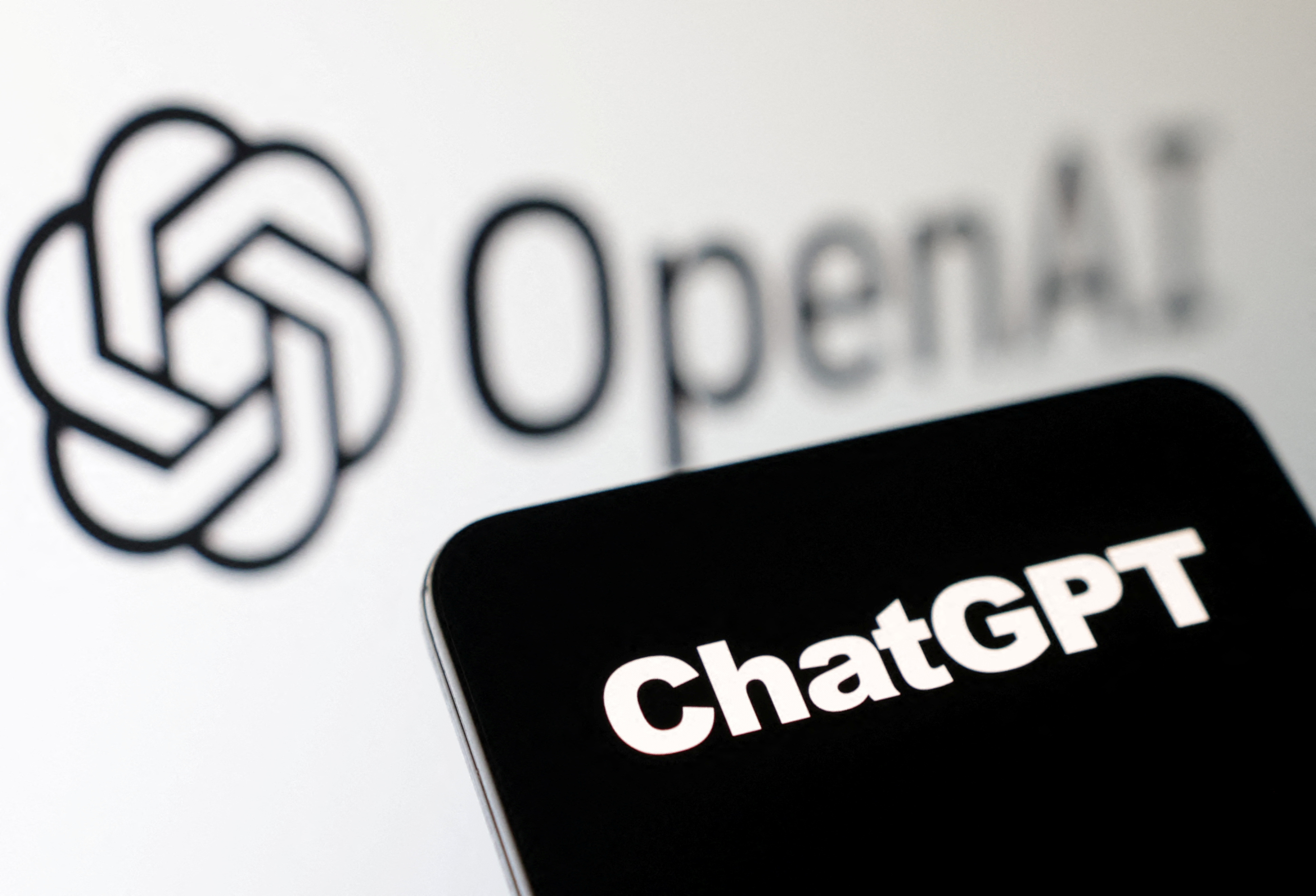
OpenAI appears to be feeling pressure from its rivals as the AI frenzy gains momentum. Just last week, the corporation requested that the U.S. Patent and Trademark government expedite the process of trademarking “GPT,” but the government rejected the request.
TechCrunch said OpenAI submitted a trademark application in December to protect the “GPT” in its own ChatGPT, which stands for “Generative Pre-trained Transformer.” OpenAI requested last month that the USPTO expedite the trademark application process for the acronym, possibly in an effort to protect its brand following the announcement or launch of numerous GPT clones, including an Elon Musk chatbot dubbed “TruthGPT.” OpenAI must now wait through the process like the rest of us after the patent directorate rejected the company’s plea last week.
14% of workers who used ChatGPT in their workflow noticed a boost in productivity
BreezyScroll’s request for comments from OpenAI and the US Patent and Trademark Office was not immediately responded to.
TechCrunch was informed by Jefferson Scher, a lawyer and the head of the trademark practice group at Carr & Ferrell, that the trademark application procedure might now make OpenAI wait an additional five months. Scher did, however, suggest that there might be hope for OpenAI. He told the publication that despite the T standing for “Transformer,” which is the same name as a neural network that Google unveiled in 2017, it is pretty probable that OpenAI will obtain the trademark in due course.
Since ChatGPT was unveiled last fall, it has experienced significant virality, for better or ill. According to recent research from Stanford University and the Massachusetts Institute of Technology, 14% of workers who used ChatGPT in their workflow noticed a boost in productivity, with the least skilled and experienced employees finishing jobs 35% faster. The business will not be publishing ChatGPT-5 any time soon, according to OpenAI CEO Sam Altman’s announcement earlier this month.






